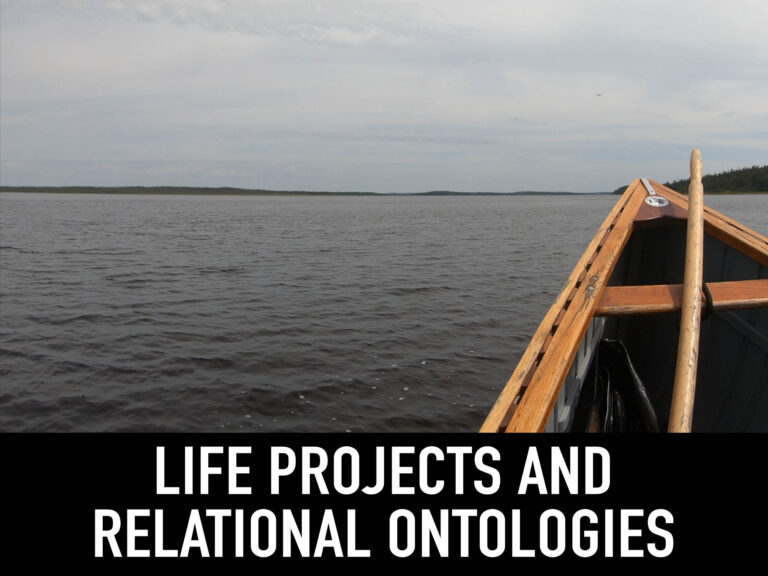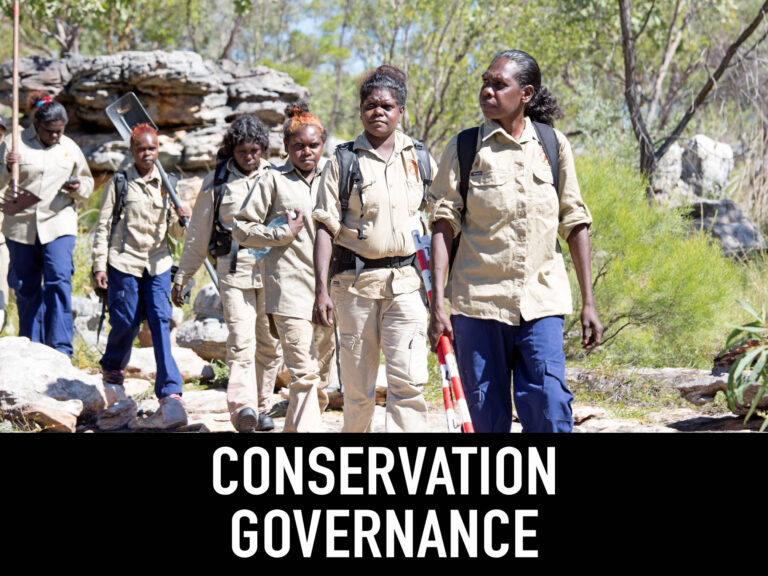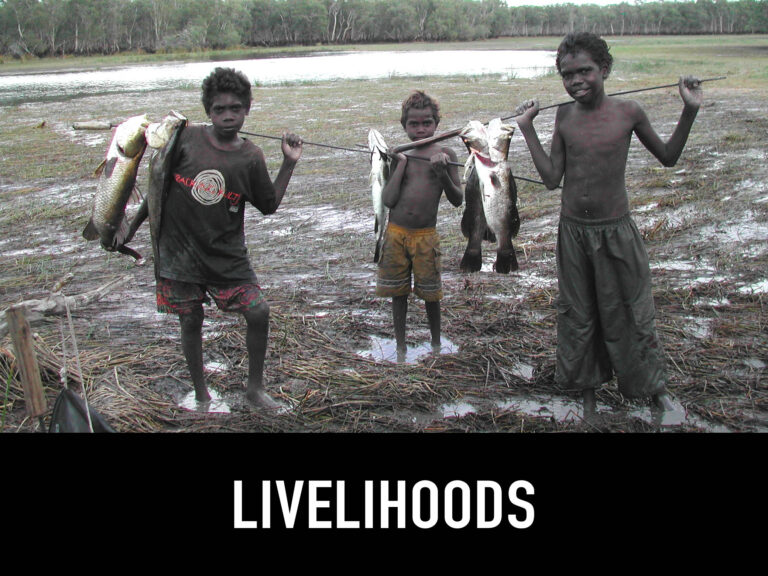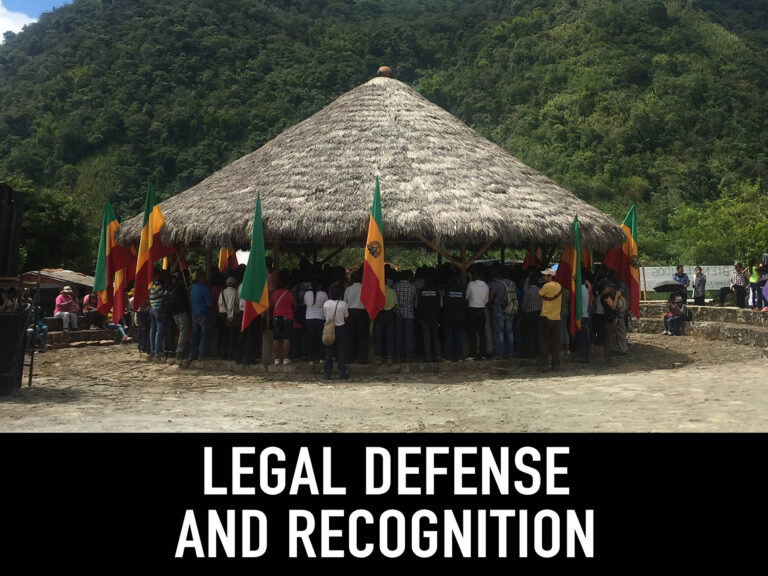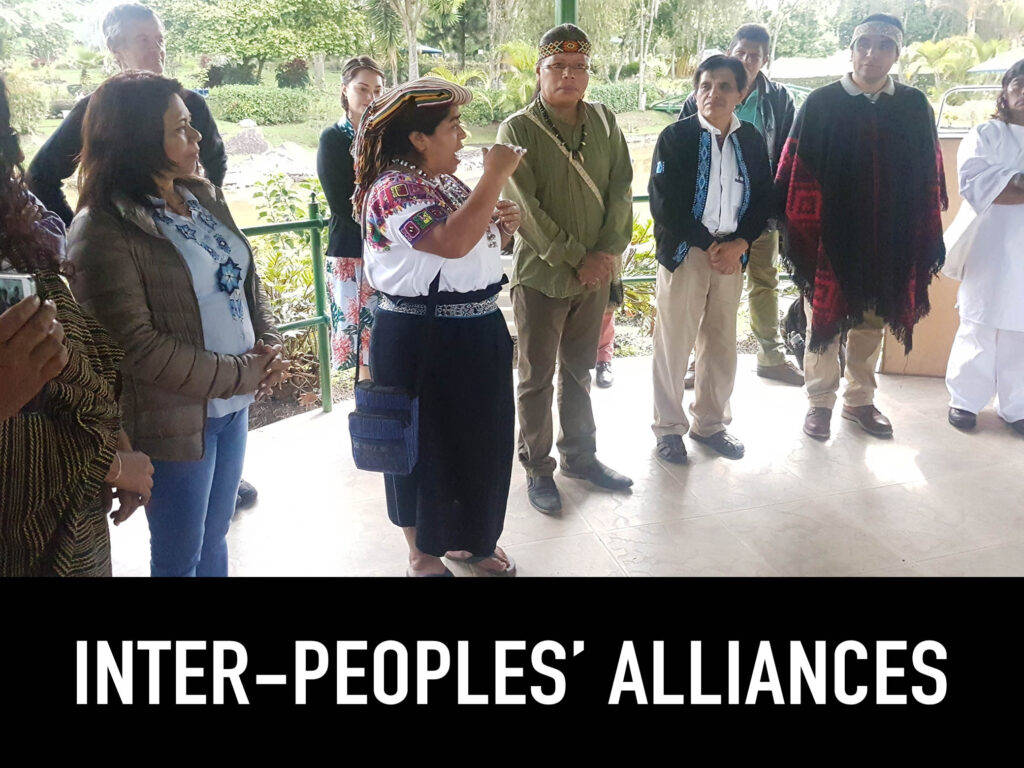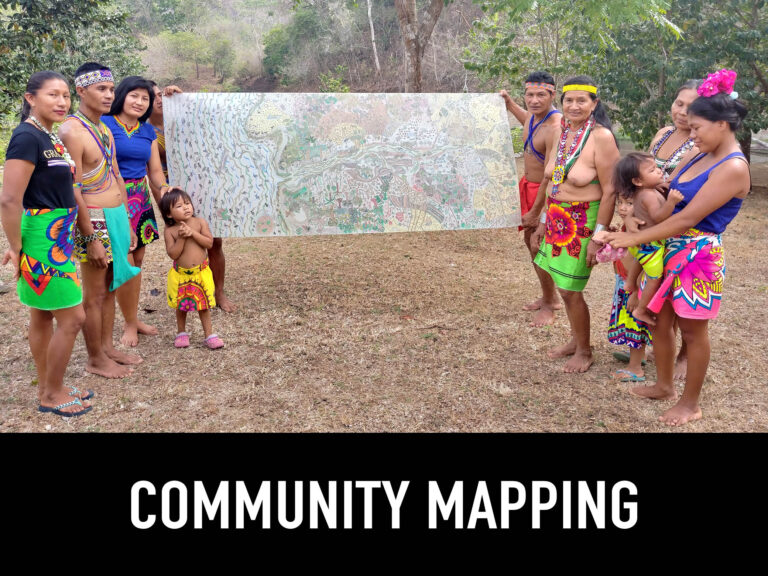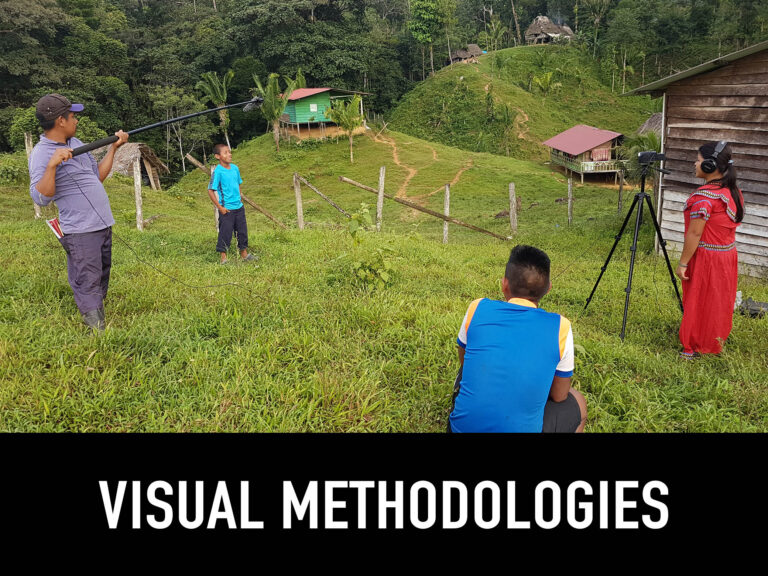At CICADA, research is structured along five thematic axes and two methodological axes. We work in the Americas, Africa, Asia and Oceania. CICADA also brings together cross-cutting research programs and independent research projects.
CICADA Research Axes
Thematic Axes
Methodological Axes
Where we work

Gwich'in
Gwich'in
Bigstone Cree
Bigstone
Cree
Cree
Gitxaala
Gitxaała
Hul’qumi’num
Hul’qumi’num
St’át’imc
St’át’imc
Tsilhqot’in
Tsilhqot’in
Inuit
Qikiqtaaluk
(Inuit)
(Inuit)
Eeyouch (James Bay Cree)
Eeyouch
Innu
Innu
Atikamekw
Atikamekw
Grand Traverse Anishinaabeg'inik
Grand Traverse
Anishinaabeg'inik
Anishinaabeg'inik
Kanien'kehá:ka
Kanien'kehá:ka
Mitchikanibiko'inik
Totonac
Totonac
Ngäbe and Buglé
Ngäbe & Buglé
Maya Mam
Maya Mam
Emberá Drúa
Emberá Drúa
Thar Desert Orans
Thar
Desert
Orans
Desert
Orans
Emberá Chamí
Emberá Chamí
Karuk, Yurok
Karuk, Yurok
Nahua
Nahua
Wounaan
Wounaan
Mitchikanibiko’inik
Mitchikanibiko’inik
Runa
Runa
Sápara
Sápara
Mapuche
Mapuche
Palenke
Palenke
Uitoto
Uitoto
Monkox
Monkox
Yshir
Yshir
Quechua (Pisac)
Quechua (Pisac)
Pemon
Pemon
San
San
Ogiek
Ogiek
Laikipia Maasai
Laikipia
Maasai
Maasai
Loita Maasai
Loita
Maasai
Maasai
Loliondo Maasai
Loliondo
Maasai
Maasai
Seediq
Seediq
Paiwan
Paiwan
Torres Strait Islanders
Torres Strait Islanders
Māori
Māori
Bininj
Bininj
Nyikina
Nyikina
Yolngu
Yolngu
The Indigenous communities that CICADA partners with around the world.
Research Programs and Projects (2015-Present)
| Research Project | Director | Type | About |
|---|---|---|---|
| Chateauguay and Champlain-Richelieu Watersheds Territories of Life Partnership (Project in development) | Colin H. Scott | Research Program | In collaboration with L4E, CICADA is partnering with Indigenous and local communities to think about how the current state of lifeways and human-Earth relationships of people and communities in the watersheds contribute to local-to-global pressures on critical ecosystem functions, and how imagining and working toward those places as Territories of Life could better provide for long-term human well-being within thriving, life-enhancing ecosystems. |
| INSTEAD – Indigenous Stewardship of Environment and Alternative Development (2017-2024) | Colin H. Scott | Research Program | A multidisciplinary research program , in collaboration with indigenous partner communities from across the Americas, and funded by the Quebec provincial government program, Fonds de recherche du Québec – Société et culture (FRQSC). The research focuses on indigenous peoples’ attempts to implement their own visions of environmental and cultural heritage protection. |
| Territories of Life: Biocultural Diversity and Carbon Cycle Stewardship for Seven Generations (Project in development) | Colin H. Scott | Research Program | A proposed 6-year research program in collaboration with L4E to identify and model present and future interactions of biodiversity and carbon cycling with local and externally-connected institutions of livelihood/economy, law and governance, to support the decolonial life projects identified by Indigenous partners for their territories of life. |
| Leadership for the Ecozoic (2022-2026) | Colin H. Scott | Graduate Program | Leadership for the Ecozoic is a university network working towards a vision of the future founded on mutually enhancing relationships between human societies and the planetary community of life. |
| BESS – Biodiversity, Ecosystem Services, and Sustainability (2015-2021) | Andrew Hendry | Research Program | Through the cooperation of its diverse group of co-applicants and collaborators from industry, environmental consulting firms, governments, NGOs and universities in Quebec and Latin America, BESS provides a unique immersive program that will prepare the next generation of environmental scientists. |
| I-CAN – The Institutional Canopy of Conservation (2014-2021) | John G. Galaty | Research Program | A 7-year research initiative funded by the Social Sciences and Humanities Research Council of Canada and the International Development Research Centre of Canada as part of their International Partnerships for Sustainable Societies initiative. |
| E4A – Economics for the Anthropocene (2015-2020) | Peter Brown | Graduate Program | A diverse partnership of 25 academic, government, and NGO partners designed to improve how the social sciences and humanities connect to scientific realities about the human-Earth relationship. E4A‘s overarching goal is to articulate, teach and apply a new understanding of human-Earth relationships grounded in and informed by the insights of contemporary science. The E4A partnership aims to create a vibrant international research network, partner with Master and PhD students to train future leaders for the Anthropocene, reconcile disciplines to apply ecological economics, and engage on-the-ground actors to help solve transnational problems such as challenges of water quality and use, energy development, and climate justice. |
| Inter-territorial reciprocal Indigenous partner exchanges (2022-2024) | Benoit Éthier | Workshops and Conferences | Inter-territorial echanges between Indigenous youth, which have helped to consolidate alliances between peoples, while at the same time documenting and sharing the experiences of Indigenous lives in territories facing major extractivist challenges. |
| Arctic Domus – Humans & Animals Across the North (2012-2018) | David G. Anderson | Research Program | A five year European Research Council Advanced Grant research program that explores humans and animals across the North. |
| Indigenous languages: repositories of territorial knowledge and trans-generational communication (2019-2025) | Colin H. Scott, Vincent Collette | Research Project | Indigenous languages are a vital medium of research documentation and communication about territorial history, identity and inter-species relations, through methods of toponymy, hydronomy, onomastics, dialectology and nomenclature/classification. CiCADA is leading research funded by the Cree Nation Government (Eeyou Istchee) that engages these methods in land use and occupancy research. |
| Collaborative Methodologies, Legal Pluralism and Struggles for Indigenous and Afro-Descendant Self-Determination in the Americas (2019-2023) | Kirsten Anker | Workshops and Conferences | A conference on Indigenous Law held in Michoacán, Mexico, in June 2023, co-organized by CICADA. |
| First Nation archaeological protocols (Project in development) | Peter Johansen | Workshops and Conferences | A workshop on First Nation archaeological protocols will bring Indigenous administrative experts and permit authors, and a small group of allied non-Indigenous archaeologists from BC, together with interested Quebec First Nations community representatives to workshop the design and construction of community archaeology permits. |
| Indigenous Peoples, Climate Justice and Action Research in the Americas (2023-2024) | Viviane Weitzner | Workshops and Conferences | Co-sponsored with the International Development Research Centre (IDRC) and the Mohawk Council of Kahnawake, this meeting brought together involved Indigenous partners, academics, NGOs and government representatives to tackle climate justice from the perspectives of Indigenous peoples. |
| Canadian First Nations’ Ontologies, Environmental Knowledge, and Co-Governance in the Face of Large-Scale Extractive Industries | Colin H. Scott | Research Project | With the assistance of four doctoral students, we examine the diverse responses of St’at’imc Interior Salish of British Columbia, Bigstone Cree of Alberta, and Inuit of Nunavut to the incursions of mining, petroleum extraction, forestry, and hydro-electric development on their territories. |
| Documenting Oral History of Development in the Comarca Ngäbé-Buglé, Panama | Daviken Studnicki-Gizbert | Research Project | Immediately to the east of the Comarca Ngäbé-Buglé in eastern Panama, along the piedmont and coastal areas of the central Atlantic slope, is a zone of Ngäbé and Buglé settlement known locally as the District of Urracá. Claimed as part of the Comarca by indigenous authorities, the region was excluded by the Panamanian government when the boundaries were formalized in 1997. Without the benefit of formal indigenous title, the communities of the region currently face the challenges of mining development, state-driven biological conservation, and the titling of community lands by outsiders and real estate speculators. A team of Ngäbé and Buglé representatives and McGill researchers have produced a thematic atlas of Urracá. It will be used as a tool for local education and decision-making across the dozens of communities of the region. The production of the atlas was followed by projects in community-based videography and history. |
| Community Video as Tool of Territorial Defense in Urracá District, Panama | Steven Schnoor | Research Project | Since 2015, CICADA research associate Steven Schnoor has been working with the community-run governing body of the Comarca Ngäbé-Buglé in western Panama – the Congreso – providing all of the equipment and training required for video-making. |
| Dialogues on Sustainability | Catherine Potvin | Research Project | Through this project, we are conducting research and fostering dialogues around the challenges of global environmental change in Latin America, particularly in Panama, and in Quebec and Canada. We seek to enhance national and international political discourse with science-based findings for sustainability discourse. By enriching curriculum options with policy-relevant initiatives, and through establishing a forum on sustainability to foster sustainability science and social dialogues on sustainability in Panama and Quebec, we hope to contribute actively to the pursuit of sustainability. |
| Documenting Oral History of Development in the Comarca Ngäbe-Buglé, Panama | Daviken Studnicki-Gizbert | Research Project | This project was suggested by the Congreso General de la Comarca Ngäbe-Buglé, the political governing body of Panama’s largest indigenous group, the Ngäbe. We will be conducting a series of interviews to reconstruct an oral history about developments in the semi-autonomous indigenous comarca region and about the importance of this land. The intention is to preserve historic memory for future generations, to help in the creation of an education program in the comarca with a greater emphasis on Ngäbe history and culture, and to challenge the co-optation of history by corporations, political parties and the Panamanian state as a means to undermine Ngäbe sovereignty. |
| Enhancing Ecologically Resilient Food Security through Innovative Farming Systems in the Semi-Arid Midlands of Kenya | Gordon Hickey | Research Project | To enhance the resilience of the farming systems in the semi-arid Eastern Province of Kenya, we are employing a participatory process to partner with farmers to evaluate agricultural and livestock practices, and to facilitate the adoption of optimal processes. We aim to enhance food and nutrition security by understanding existing systems, adopting appropriate practices, increasing household use of high-value traditional crops, and increasing smallholder farmers’ participation in local and external markets. Through these goals, this project aims to contribute to a better informed policy making process and to see the implementation of effective food security policies and agricultural innovation. |
| Environmental Impact Assessment and Social Impact of Mining in Eeyou Istchee, Nunavik and Nunavut | Thierry Rodon | Research Project | Working in partnership with Makivik Corporation, Nunavut Tunngavik Corporation, the Government of Nunavut, the Grand Council of the Crees, the Cree Board of Health and Social Services, and the Qikiqtani Inuit Association, this project is analyzing environmental impact assessments and the social impacts of mining in Eeyou Istchee, Nunavik, and Nunavut. |
| Impacts of Violence in the Latin American Democratic Context: the Case of Chile and Mexico | Martin Hébert | Research Project | This project seeks to collect and analyze the motivating political and social justice factors that encourage mobilization justified through the social appropriation of rights. |
| Indigenous Confluence: the Role of Indigenous Knowledge in River Restoration and Sustainable Futures | Dale Turner | Research Project | The Indigenous Confluence: The Role of Indigenous Knowledge in River Restoration and Sustainable Futures project focuses on indigenous knowledge and its relationship to western European scientific ways of thinking about the world. The researchers of this project ask the question, “How does privileging indigenous knowledge and values affect the goals and outcomes of multi-party ecological restoration projects?” |
| Indigenous Development: Social Justice, Resource Rights, Institutional Hybridity | Jon Altman | Research Project | A research project that focuses on the intersections between social justice, resource rights and institutional hybridity on land to which indigenous peoples have rights and/or exclusive title in Australia. We reconceptualize notions of development, recognizing variation and hybridity and shifts away from the hegemonic western constellation of discourses to examine local institutions and the hybrid western/customary forms that they must take where indigenous political geography and identity remain dominant. |
| Life Projects Network | Mario Blaser | Research Project | The Life Projects Network is a portal to access a variety of ongoing experiments across the Americas that seek to foster the various visions of a good life that emerge from particular places, historical trajectories and conceptions of reality. |
| Living Well in the Torres Strait: Indigenous Engagement with Economic Change and Development | Julie Lahn | Research Project | This project seeks to understand Indigenous aspirations and collective ‘life projects’ for ‘living well’ in the Torres Strait and how they shape the character of contemporary economic activity by Torres Strait Islanders. |
| Indigenous Engagements with Mining in Canada and Guatemala: Developing Refined Understandings through Collaboration and Comparison | Karine Vanthuyne | Research Project | Building upon two-years of partnered research collaboration with representatives of the Cree Nation of Wemindji, Canada, and the Maya-Mam community of San Miguel Ixtahuacán, Guatemala, we exploring the issue of Indigenous self-determination in the context of a mining project by comparing Wemindji and San Miguel communities’ very different experiences with the same Canadian-owned mining company — Goldcorp, Inc. |
| Post-Colonial Indigenous Territorialities, Cultural Transmission, and Autonomy: the Atikamekw Nation and the Forest World | Sylvie Poirier | Research Project | The Atikamekw have been encouraged to disconnect themselves from their ancestral lands of Nitaskinan, Quebec. They have pursued means of affirming their autonomy at various levels, namely national political, regional technical, and community levels. Through their interactions with Quebec’s administrative delimitations on their land, the Atikamekw’s territories become sites of entanglement between Indigenous and non-Indigenous values, land tenure systems, forms of governance, and conceptions of the forestland and its non-human inhabitants. This project explores the transmission of knowledge and values pertaining to hunting and gathering as avenues for maintaining customary land tenure while simultaneously adapting it to new constraints. |
| Protected Areas Development and Environmental Stewardship, Eeyou Istchee (Crees of northern Quebec) | Colin H. Scott | Research Project | This project has been designed in partnership with the Grand Council of the Crees of Eeyou Istchee to generate a comprehensive “Cree Regional Conservation Strategy” to expand and articulate a Cree vision for a network of terrestrial and marine protected areas throughout their regional territory. This project also aims to identify priority research to support the protection and rehabilitation of habitats important to Cree environments and land-based livelihoods. In this endeavour, we also collaborate with the Waterfowl Habitat Taskforce, a cooperative initiative of Cree coastal communities of Eeyou Istchee. |

